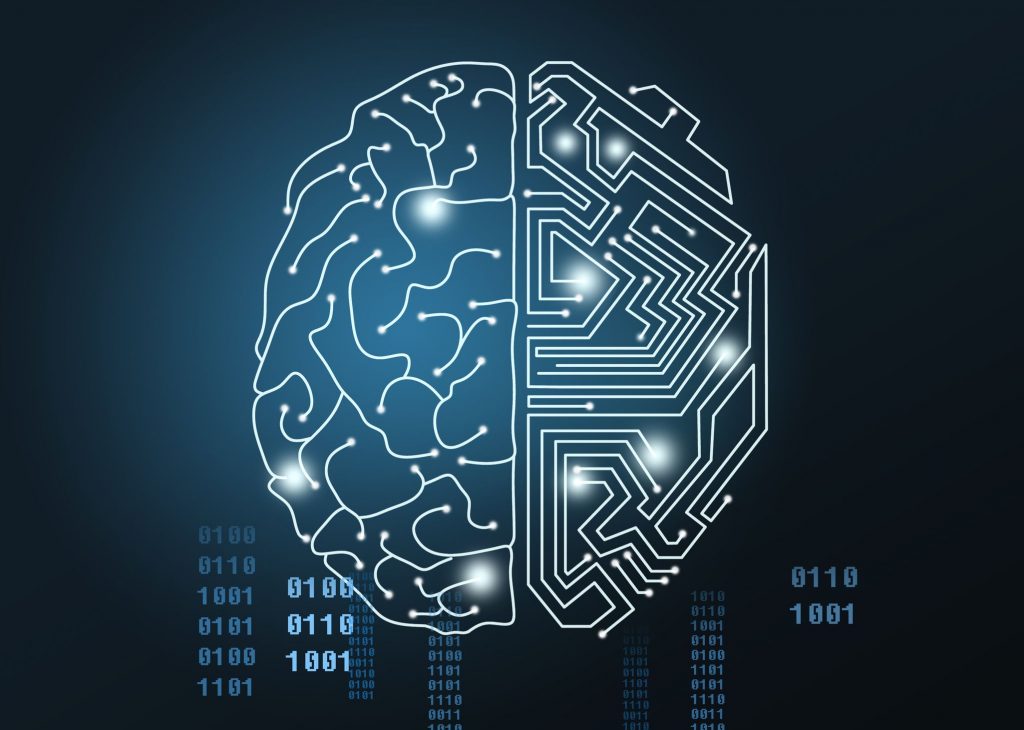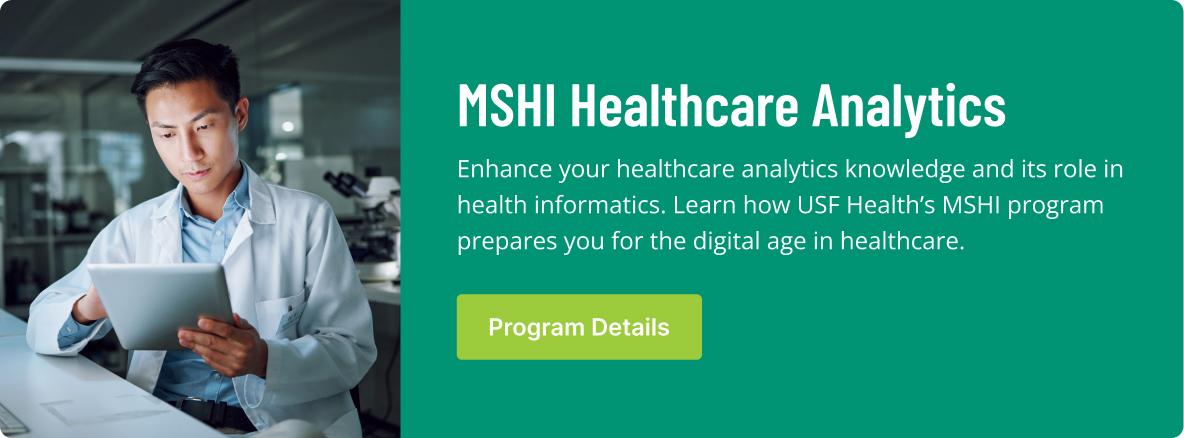Artificial intelligence usually makes headlines for capabilities that sound like something from a science fiction novel. In healthcare, it offers a variety of new opportunities in diagnostics, treatment and patient outcomes.
But one of the biggest areas of opportunity for healthcare AI companies is risk assessment.
Risk covers a wide range of issues, from financial risk on the business side to risks in the treatment of individual patients through an understanding of population health. It’s a growing and intriguing area of healthcare that those earning a degree in health informatics will likely deal with at some point in their career.
Types of Risk AI Can Identify
One of the ways that AI is set to make a big impact is in leveraging the data now available through electronic health records. Now that the vast majority of medical operations have adopted electronic records, it’s led to the collection of millions of data points about patient history and treatment.
However, much of this data is difficult to analyze because it’s unstructured. This is an area where advanced algorithms can be written to extract useful information from large data sets. The types of risk AI can identify include:
- The chances of someone having a medical emergency, such as a heart attack
- The chances of someone being readmitted to the hospital
- The chances of specific types of medical conditions or diseases to occur among certain population demographics
- Assessing the risks of antibiotic resistance
In all these areas, healthcare data allows AI to more accurately and quickly assess risk than human beings can do.
Insurance Industry Investing in AI
One of the biggest investors in AI are insurance companies looking to manage rising costs and the vast amounts of paperwork the industry requires. Forbes reports that 72% of health insurance executives say that investing in AI is one of their top three strategies.
AI is put to use in health insurance in a number of ways. For example, 97% of all customer inquiries at ZhongAn Tech, China’s largest insurance company, are handled through AI. Other potential uses include:
- Detecting anomalies in claims in seconds rather than the days or weeks it takes humans
- Flagging cases of potential fraud
- Recommending healthcare interventions before a medical crisis occurs
- Behavior-based premiums for patients willing to wear sensors and have data submitted to insurance companies (those that exercise regularly would receive discounts, for example)
AI and Predictive Analytics
One of the most promising areas for AI in insurance is using healthcare records to identify infection patterns associated with superbugs that are antibiotic resistant.
This is a growing problem as antibiotics are overused in many parts of the world, leading to loss of life and billions of dollars in costs for the healthcare system. AI tools can enhance the accuracy of analytics tools and create a better system for warning healthcare professionals of potential outbreaks.
Healthcare records also contain information that provides researchers insights into a variety of risk factors. A recent study looked at using AI-driven analytics on healthcare data to create a 30-day readmission risk prediction model for patients initially taken to the hospital for heart failure.
Researchers found that by using AI to sort through the data sets, they were able to isolate a set of data points that were strong predictors for readmission. They also found that the AI-driven program “performed better than other traditional techniques” and that the model could be used to help health care teams perform interventions for at-risk patients.
Future Possibilities
AI has been associated with everything from helping doctors make more accurate diagnoses to helping surgical teams eliminate mistakes. In the realm of risk management, many of the opportunities revolve around preventing disease and medical emergencies before they happen.
One of the most intriguing possibilities is giving patients more control over their treatment. This “patient self-management” concept involves allowing patients to transmit their own health data to an AI-driven system that gives them immediate feedback on best practices to deal with certain situations (increased blood pressure, for example). If necessary, a physician can be contacted.
While AI isn’t going to be your primary care provider any time soon, the potential improvement in patient health – and the savings for healthcare providers – is too promising to shrug AI off as a buzzword anymore.




